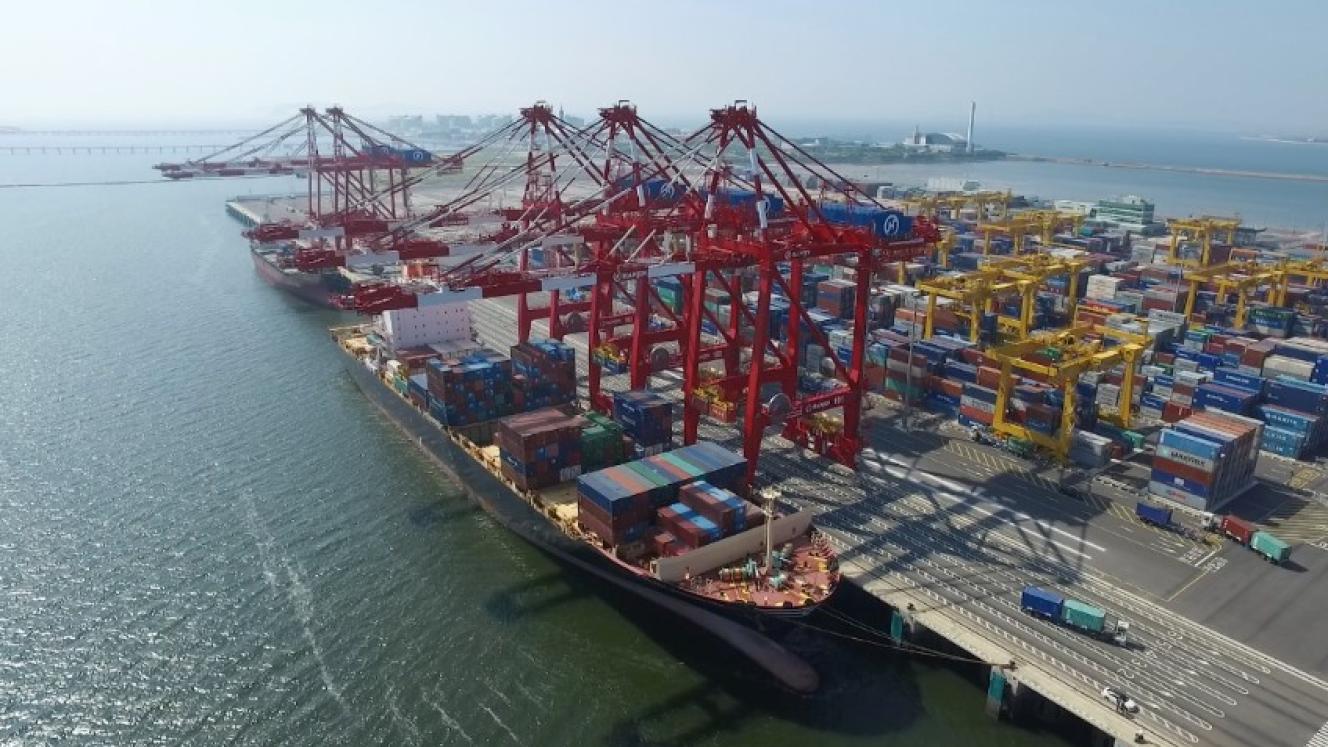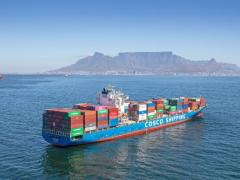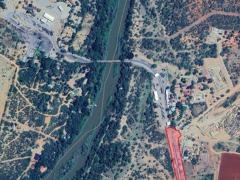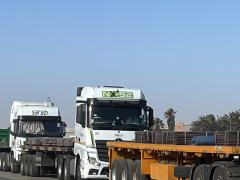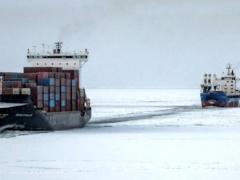The explosion of a Maersk container at a South Korean port on August 28 has again cast the spotlight on the danger of misdeclared cargo, underscoring the persistent safety concerns related to containerised cargo.
Although no injuries were reported, the incident at Hanjin Container Terminal at the Port of Incheon triggered a full-scale investigation by the local police department.
It has also resulted in renewed calls for structural reform in cargo handling and compliance.
Preliminary inquiries point to long-standing practices in the export of used cars, where freight forwarders frequently load containers with additional goods – ranging from household items to electrical appliances – to maximise space.
These add-ons are often inaccurately or falsely declared to minimise cargo insurance costs, heightening the risk of fire, chemical reaction, or explosion. Industry observers warn that the Incheon case is symptomatic of a wider compliance gap that extends well beyond Korea.
The shipping community has seen the consequences of such lapses before.
The 2018 Maersk Honam fire, which claimed five lives, was traced to improperly declared dangerous goods. Despite subsequent revisions to Maersk’s dangerous cargo policies, the recurrence of incidents linked to misdeclaration indicates that enforcement challenges remain unresolved across the industry.
The International Maritime Dangerous Goods (IMDG) Code provides the framework for safe handling of hazardous cargo, but inconsistent enforcement and limited inspection resources continue to undermine its effectiveness.
“Misdeclaration, whether deliberate or inadvertent, remains one of the most significant operational risks in container shipping,” a spokesperson for the International Cargo Handling Coordination Association told reporters. “Until compliance is verifiable and penalties are consistently applied, these risks will persist.”
In response, stakeholders are calling for more robust regulatory measures, including:
- Enhanced screening technologies to identify undeclared hazardous cargo;
- Mandatory IMDG training for exporters and freight forwarders; and
- Stricter penalties for false or incomplete declarations.
While Maersk has pledged full cooperation with investigators and reiterated its commitment to safety, the wider industry faces mounting pressure to demonstrate proactive action. Without a coordinated approach across carriers, regulators, and logistics providers, experts warn that confidence in supply chain safety will remain fragile.
The Incheon incident serves as a stark reminder: misdeclaration is not merely a compliance issue but a systemic vulnerability with direct implications for safety, operational continuity, and trust in global trade.
